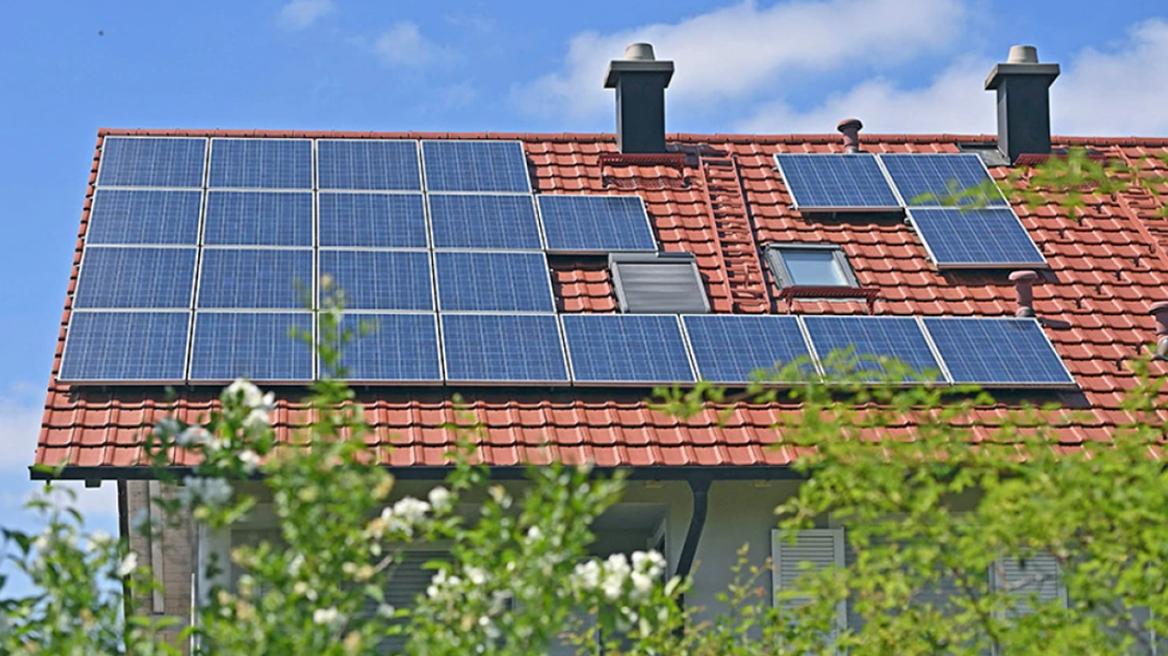A new energy market model allowing private companies to compete with state-owned suppliers will come into force in Cyprus on 1 October 2025. The Cyprus Energy Regulatory Authority (CERA) has described this as "the beginning of a new era" for the national energy sector.
The transition to free choice of supplier
The new system paves the way for a fully competitive market. Producers, distributors and end consumers will now be able to determine the terms of electricity purchase and sale directly. This means that owners of solar panels and other renewable energy sources will be able to sell surplus energy at market prices, as well as consume it.
Customers who do not participate in net metering schemes will automatically receive 'active customer' status and be able to decide where to direct the electricity they produce — for their own consumption or for sale.
Impact on prices and prospects for households
The main question on most Cypriots' minds is whether their electricity bills will decrease. Energy Minister Yorgos Papanastasiou noted that it is too early to make predictions. The EU model for integrating the energy markets of all 27 countries has not previously been tested in small markets such as Cyprus.
According to the minister, much will depend on the level of competition between suppliers. If competition does not lead to lower prices, or if there are disruptions to the system, the state is prepared to intervene in order to protect consumers' interests.
 The new system is set to launch soon
The new system is set to launch soon
With the launch of the reform, Cyprus will effectively have an 'electricity exchange'. Every half hour, it will update the prices at which producers and suppliers can buy and sell electricity. This will enable flexible pricing and allow market participants to respond quickly to changes in supply and demand.
The Cyprus Electricity Market Association (EMA) has endorsed this innovation, emphasising that, for the first time in the country's history, consumers will be able to select their electricity supplier. This is expected to increase competition and make tariffs fairer.
Prospects and challenges
Experts believe that introducing a competitive electricity market could stimulate the development of renewable energy sources, including solar and wind power plants. However, they also highlight that price fluctuations and technical difficulties may occur during the initial stages.
Over the next few months, the focus will be on how quickly new players can integrate into the system and offer consumers favourable tariffs. If the reform is successfully implemented, Cyprus will be able to stabilise electricity prices and attract investment in green energy, which is particularly important in the context of the EU's climate goals.
